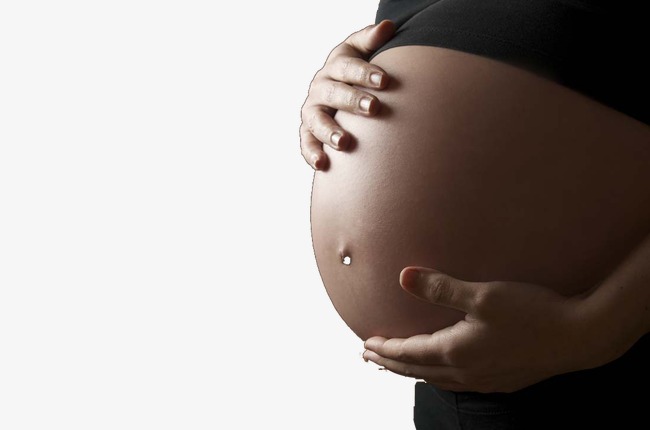Swelling in pregnancy and when to worry, is incredibly common. In addition to your baby, your placenta and an increased fat store, your body is hard at work. It is making more blood and fluid to help support the growth of your baby. Including all the other changes your body is going through. All this extra fluid can make you look—and feel—fairly swollen. This swelling, doctors call it edema.
Some women start to notice the swelling early on, but it usually develops during the second and third trimester. Although we often have little control over the swelling, some things that can increase swelling during pregnancy include:
Standing for a long time
Prolonged activity
Hot weather
Eating a lot of sodium (salt)
Low levels of potassium
High levels of caffeine
Again though, lower extremity edema is an almost universal finding in late pregnancy. So please don’t beat yourself up over it!
When should swelling during pregnancy be a concern?
Preeclampsia
Until fairly recently, swelling was one of the symptoms used to diagnose preeclampsia, a condition of high blood pressure during pregnancy. It is no longer part of the diagnostic criteria—yet many women with elevated blood pressure do have swelling. If you think your face is getting excessively puffy, find a picture of yourself from just before pregnancy to share with your healthcare provider. And if the swelling in your hands and feet becomes severe, you may notice pitting edema (when you press your thumb into your skin, an indentation remains for a few seconds) or discoloration of your legs. Once you suspect this kind of edema, notify your healthcare provider immediately.
Blood clot
Deep vein thrombosis (DVTs) are blood clots that can form in veins. The risk of a DVT increases a bit during pregnancy. This is because your body is producing more of the component of blood responsible for clotting. Other symptoms of a blood clot include pain, hardness, and redness. You might also notice one leg is more swollen than the other. The most common site for a blood clot is in your lower legs, though they can occur in other places. If you suspect you might have one, seek treatment right away.
Skin infection
If you develop a skin infection called cellulitis, you may also have swelling. You might also have a fever, pain, and blisters. Again, this would be a reason to get medical attention right away.
Other concerns
There are other rare complications that can cause swelling, such as problems with the heart or lungs. When in doubt, it’s always best to speak with your doctor to make sure that you and your baby are safe.
Believe it or not, staying really well hydrated (10 glasses of fluid a day) can help.
Make sure you change positions frequently and rest when you can if you are on your feet a lot.
Elevate your feet several times a day.
Try wearing compression socks.
Eat a balanced diet of low sodium and unprocessed food, when you can.
When it comes to swelling in pregnancy, when should I see a doctor?
Pain, redness, hardness + swelling in an area of your body
One leg that is more swollen than the other
Swelling in your face or hands
Headache
Lightheadedness
Belly pain
Difficulty breathing
Fever
Source: pulse.ng




